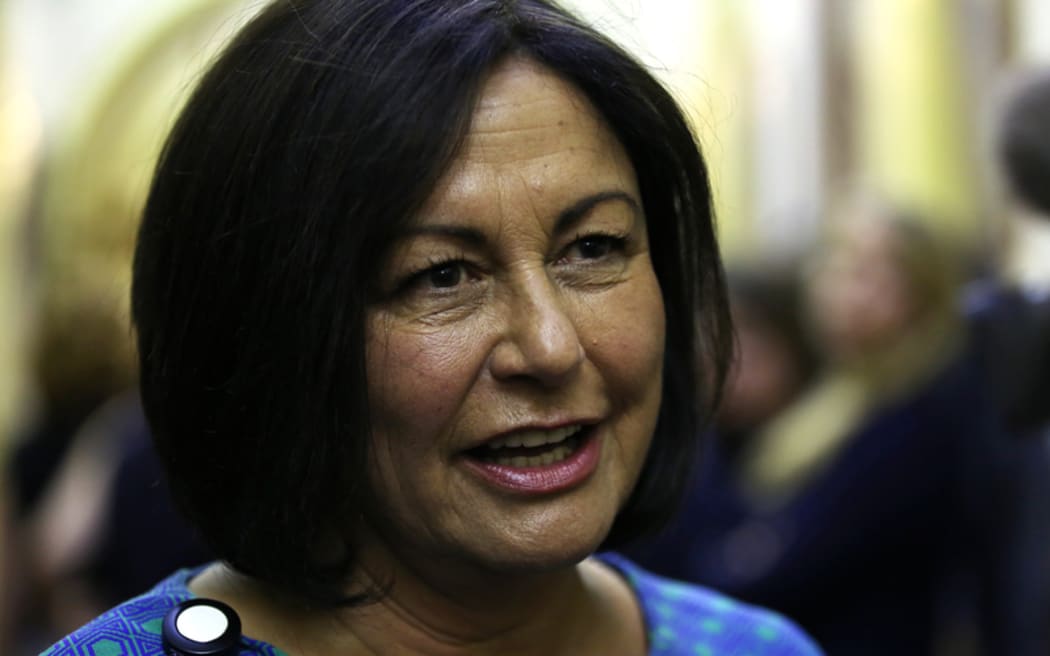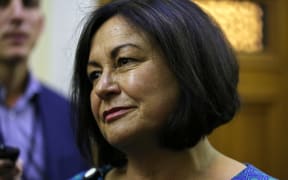A government proposal is threatening to revive one of the most bitter disputes the school sector has seen in the past 25 years.
It has suggested giving schools a bulk allocation of funding and leaving it up to principals to decide how much of it to set aside for staffing.
Principals' and teachers' groups say that sounds like "bulk funding", which was ditched in 2000, and they are angry the government has sprung it on them as part of its review of the school and early childhood education funding systems.

Photo: 123RF
Under the proposal, according to an information sheet published by the Ministry of Education, schools could decide how much of their funding to use for what were called staffing credits, and how much to use as a cash component paid in instalments to cover operational costs.
The suggestion differed from past bulk-funding proposals because the ministry would continue to pay teachers' salaries, it said - the schools would receive notional "credits" for their teachers, not the actual funding for their pay.
It said:
- Principals would determine the split between 'cash' and 'credit', with the flexibility to make adjustments during the year.
- Unspent credit would be paid out at the end of the year and a process for recovering credit overspends would be established.
- Teaching staff salaries would be charged against the credit portion at an average rate. This was a significant difference from historical bulk-funding proposals, which would have seen schools charged the actual salary.
- Non-teaching staff salaries would be charged against the credit portion at actual cost.
However, any unused allocation of staffing credits would be paid to schools at the end of the year.

PPTA president Angela Roberts Photo: PPTA
Post Primary Teachers' Association (PPTA) president Angela Roberts said that meant it was clearly bulk funding.
"It is bulk funding. It is minor technicalities that make it something different, and I think it's very cynical of the ministry to think that they can con people with a change in language."
The union's fear was that schools would cut corners on staffing in order to use money from their overall allocation of funding elsewhere, Ms Roberts said.
"The schools get to decide how they spend that, how many teachers they purchase effectively and how many teacher aides. So schools will be incentivised through the averaging out to have cheaper teachers or fewer teachers because they can cash that money up."
A bulk funding system would also make it easier for governments to reduce their funding to schools over time, she said.
"Bulk funding was resoundingly rejected by the community 20 years ago because everybody understood the cost would be borne by the school when the government couldn't be bothered putting more money into the system."
She said she expected the new proposal would be rejected too.
Principals Federation president Iain Taylor also said the proposal was concerning and certainly sounded like bulk funding.
The government's advisory group on the funding review should have been fully briefed at a meeting last week, he said.
"It is a significant change if this was to happen and there's not enough information that's out there explaining it."

Education Minister Hekia Parata: "Bulk funding is not on the agenda." Photo: RNZ / Alexander Robertson
New Zealand Educational Institute (NZEI) national secretary Paul Goulter said the experience of bulk funding in the 1990s proved it did not work.
"There were a lot of empires being built up around bulk funding with money being saved off teacher salaries - beginning teachers being hired in place of experienced teachers because they cost too much, and so on."
Bulk funding would undermine the staffing ratios that ensured the youngest children got the most care, Mr Goulter said.
There was nothing in the government's proposal that made it more palatable than the bulk funding of the 1990s, he said.
"I've no idea why they would want to come back to it again."
'Bulk funding is not on the agenda'
Education Minister Hekia Parata said in a statement the new proposal was not bulk funding.
"Bulk funding is not on the agenda. All of the proposed directions for change, and the relevant background papers which are publicly available, are up for discussion with the advisory group, on which the PPTA are represented, and the wider education sector in the coming months."
The ministry's deputy secretary, Ellen MacGregor-Reid, agreed, saying it was calling the proposed system a "global budget".
"Under this proposal, schools would receive a total (global) budget, rather than separate operational grant funding and a staffing entitlement. In setting a school's budget, an average cost for a full-time teacher equivalent would be used," she said.
"A school's global budget would be divided into a cash amount and a credit amount. Schools would be charged the average cost when they employ a teacher, not the actual salary costs.
"Support staff would also be covered by the credit amount. Their salaries would be charged at their actual salary costs, as is the case at the moment."
Ms MacGregor-Reid said the approach was designed to ensure teacher salary levels were not driven down. Schools would not have to manage the financial risk created by the turnover of teaching staff or their progression up the salary scale over time, she said.
The ministry offered further briefings at the last meeting of the advisory group on the funding review and some of those were now under way, with briefings of the NZEI and Principals Federation to take place on Thursday, she said.
Bulk funding vs global budgets
Bulk funding was introduced on a voluntary basis in the 1990s, with about a third of schools opting in before Labour axed the scheme in 2000.
The schools that opted in received a sum of money equivalent to their allocation of teachers, multiplied by the top-of-the-scale pay rate for teachers. They were then free to spend that money as they wished.
Teacher unions had objected to the policy. Schools would be incentivised to hire cheaper, inexperienced teachers or to hire fewer teachers so they could use the money for other purposes, they said.
The unions also said the policy would make it easier for the government to reduce its funding to schools over time.
Supporters of the policy said it gave schools more flexibility, including the ability to employ more staff or reward particularly good teachers with extra pay.
A Cabinet paper said the new proposal would be simpler and give schools more flexibility, but would require better financial management. However, the same document said a potential risk was that the change could be misconstrued as a move toward bulk funding.






